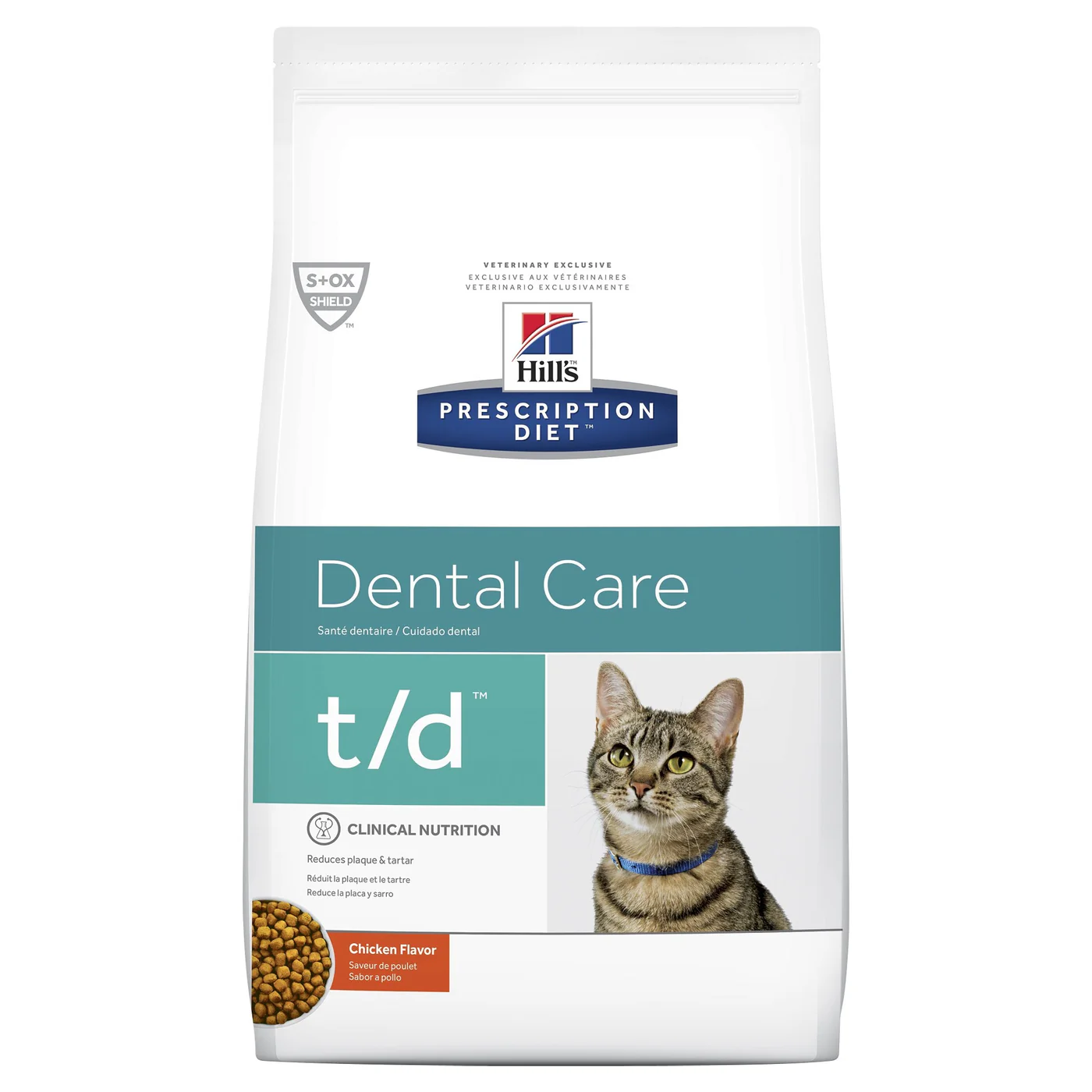The Purr-fect Smile: Mastering Home Dental Care for Your Cat
- Carolyn O'Brien
- 4 days ago
- 3 min read
Ensuring your cat's dental health is a crucial aspect of their overall care that often goes overlooked. Dental disease in cats can lead to serious health issues, including infections that can spread to the heart, liver, and kidneys, not to mention pain from bad teeth!
Understanding the Importance of Dental Health
Dental health in cats is more important than you might think. By the age of three, most cats show signs of dental disease. This can start as mild tartar and gingivitis, but can quickly escalate to more severe conditions such as periodontal disease if left untreated.
Regular dental care can minimise the development of painful conditions that could affect your cat's quality of life and longevity.
Tooth Brushing: The Gold Standard
Tooth brushing is the most effective way to ensure your cat’s dental health. Here’s how to make it a positive experience for both of you:
1. Choose the Right Tools: Use a finger cloth along with pet-safe toothpaste. Never use human toothpaste, as it can be toxic to cats.
2. Start Slow: Begin by letting your cat taste the toothpaste, then gradually introduce a rubbing action along the gums. Praise and treat them for allowing you to touch their teeth and gums by giving them their favourite treat or toy.
3. Be Gentle: Focus on the outside surfaces of the teeth, where plaque tends to accumulate. Use slow, gentle circular motions to avoid irritating the gums.
4. Make it Routine: Consistency is key. Try to brush your cat’s teeth at the same time to establish a routine. The frequency of brushing should be dictated by your cat's tolerance levels, but a minimum of once a week is ideal.

Creating a Stress-Free Dental Care Experience
Understanding that many cats may resist having their teeth brushed, patience and positive reinforcement are key. Start dental care routines early, if possible, and always proceed at a pace your cat is comfortable with. Rewarding them after each brushing session can help build positive associations with the activity.

Diet and Dental Health
What your cat eats plays a significant role in their dental health. Dry food is often recommended for its abrasive action on the teeth, but it's essential to choose a diet specifically designed to promote dental health. Some pet food brands offer dental diets that are formulated to reduce tartar and plaque buildup. However, the best diet for your cat can depend on various factors, including their age, overall health, and whether they have any existing dental issues, so chat to our vet at your cat's next health exam for personalised advice.
Regular Veterinary Check-ups
Even with diligent home care, professional dental cleanings and check-ups are vital. Your vet can identify and treat dental issues that you may not notice, such as gingivitis, tooth resorption or hidden periodontal disease. Annual dental check-ups are recommended for most cats, but those with a history of dental problems may need more frequent monitoring.

Conclusion
Home dental care is an important, yet often overlooked, aspect of feline health. By incorporating tooth brushing, and offering a dental-friendly diet, you can significantly impact your cat's oral health. Remember, regular veterinary check-ups are crucial for maintaining your cat’s dental health and catching any issues early. With the right approach, you can help ensure your cat keeps their healthy smile for years to come.








